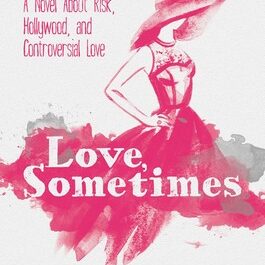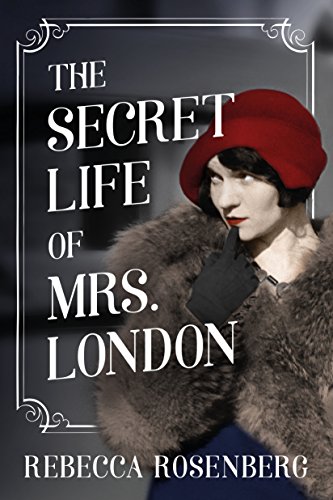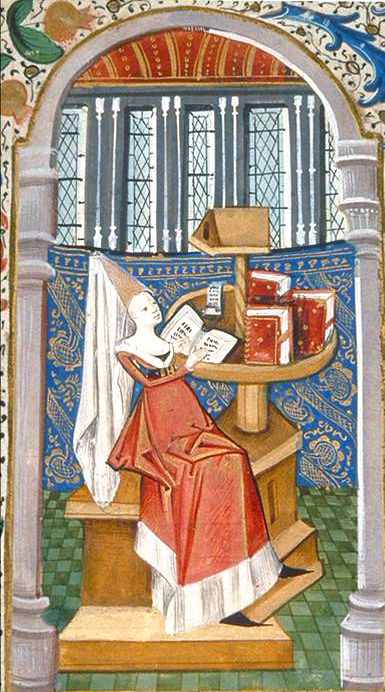Editor’s note: Something we don’t often include here at femmeliterate is the straight male point of view. However, I recently shared a piece I wrote in response to reading the letters of Sylvia Plath with my writing group, Writers on the Avenue, and a fellow member, an accomplished writer himself, wrote a response to that piece that I found so interesting and useful that I wanted to post it here. It’s not often that an author gets to be read so perceptively, generously, and well and then be invited to hear the thoughts of an articulate and thoughtful reader, and for that reason alone I enjoyed Dustin’s essay enormously. But he also offers a fresh perspective on the tragedy of the genius poet Sylvia Plath—a sensitive, slightly guilty, unabashedly male perspective. You can find the piece Dustin is responding online at 3Elements Review; Vol. 2 of the Letters of Sylvia Plath, edited by Peter K. Steinberg and Karen V. Kukil, is available from your favorite bookseller at the end of October; and you can read more of Dustin’s work at his website if you enjoy this piece as much as I did. —Misty
ON READING MISTY URBAN’S ON READING THE LETTERS OF SYLVIA PLATH, VOL. 2
by: Dustin Joy
I weep for a woman who killed herself fifty-five years before this.
Why do we do this? Why do we weep for Sylvia Plath? Why, indeed, do we care? Why do we not, instead, weep for the millions of women living in troubled marriages? Why not weep for the 3 million women who are physically abused by their partner every year? Why do we not weep for the 45,000 suicides per year in the United States?
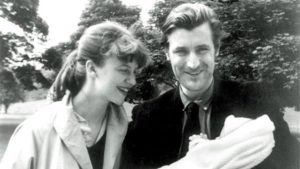
Is it because Sylvia Plath is famous? She is. Is it because her poetry was superlative? It was. Is it because the incidents of her short life were extraordinary, unusual, dramatic? Perhaps. Certainly her lonely suicide, her children sleeping upstairs protected by her careful preparation, captures our imagination.
But these are details, and the others are statistics. Sylvia’s experience is sadly the experience of many women. Willa Cather said, “There are only two or three human stories, and they go on repeating themselves as fiercely as if they had never happened before.”
It certainly must feel like that to young women in this country today. At first, I imagine, the world must seem to open up, as Sylvia said in a letter to her mother from Smith College, “like a ripe, juicy watermelon.” Only later, as she moves out into the world do the vestiges of patriarchy assert themselves. She must navigate adulthood hobbled by the responsibilities of family and career, the expectation of what a wife and mother should be, and the limitations, both overt and hidden, both real and imagined, both forced and self-imposed, of being a modern woman.
To a man, even one with teenage daughters, the plight of a woman in America today can be incomprehensible. The importance of Sylvia Plath, her work, and her experience, can seem to be the domain of the feminine. Indeed, when I read Misty Urban’s essay, it feels superficially like a rebuke. A man, even one who admires Plath’s poetry, assumes a visceral posture of self-defense.
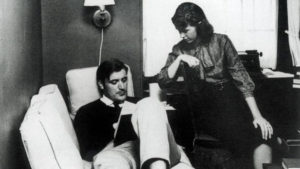
I think the point of Urban’s essay, though, is not merely to strike a blow for feminism, although it does that effectively, but perhaps to explore the boxes we all, men and women, put ourselves into. It compels us to consider the question: does the world have to be this way?
Ted Hughes is painted here as the kind of minor monster I think he really was. I would not want to be his advocate. Still, his was not so much a crime of commission. His infidelities aside (and of course we cannot really set them aside), his true villainy lay in the mundane dynamic of ego and jealousy and the thoughtless imposition of ossified gender roles. Urban says:
I will not be your nanny and I will not be your gardener and I will not be your cook because I want those things too, someone else to be the housewife, to fold laundry and scrub grout and have a warm dinner waiting on the table.
We understand this. We feel, instinctively, that chaining a remarkable intellect like Sylvia Plath’s to any sort of banal employment would be a profound waste to the world and a personal tragedy. The same would be true of Hughes. The real tragedy, it seems to me, was Sylvia’s role in her own subjugation.
Urban’s essay is in the form of an appeal, not to Ted Hughes, but to Sylvia Plath. That is the correct audience. Many of Plath’s problems were self-imposed, or rather self-enforced. Like most of us, men and women, she set the parameters of her own life, she was her own jailor. Her choice of husband was at least part of that. Her diaries, heavily and self-servingly edited by Hughes after her death, reveal that she knew he was a snake when she brought him in.
You called him a hawk—beautiful, ferocious, deadly—you knew he would kill where he wanted.
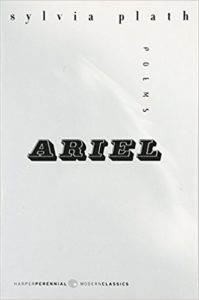
It would be facile to make Hughes a pure villain. Knowing what we know, it is hard to mourn for him. When he writes to a friend following Sylvia’s suicide that “That’s the end of my life. The rest is posthumous,” it doesn’t ring true. The fact that his mistress also killed herself in like manner testifies powerfully against him. But the world is not black and white. Indeed her own daughter, Frieda, in a foreword to a late edition of Plath’s Ariel, says that Plath had “a ferocious temper and a jealous streak.” At the same time Frieda defends Hughes as being “more temperate and optimistic.” The story of Plath and Hughes is not a simple one nor an unusual one. In fact it is all too common.
My Y chromosome colors my view of Plath and Hughes. It is possible that it effects my interpretation of Urban’s essay, too. Her work introduces an irritating grain of sand inside my own hard shell. Am I Ted Hughes, without all the talent? Am I oblivious to my own wife’s struggle to express herself? Have her opportunities been stifled by three kids and a mountain of laundry as her own “stories battered to get out?” It is at least possible. Because she loves me, does she, too, suffer “the laceration that [strikes] through the layers of ordinary?”

Urban’s letter to Sylvia Plath is also addressed to us, to me. Its beautiful imagery and masterful metaphor, both common features of Urban’s writing, make it a joy to read: The “apricot Mediterranean sun,” the “great gaping mouth of truth,” the “eyes that drift somewhere else.” These are wonderful. Urban’s obvious affection for Plath is more than simple admiration of her talents. It is raw and urgent and reveals insight that can only come from personal experience:
The elation of deep pain . . . give your dreams to them, and not to him . . . He broke the harness, swooped for the kill, ate your heart . . . they may have our flesh but they cannot have our art.
And so we weep for Sylvia Plath, and rightly so. We weep for her children, for the years of her genius the world lost. And we weep for ourselves, for what we have made of the world. If we are women we weep in frustration that, after all our efforts, a woman’s testimony is still not quite the equal of a man’s. If we are men we weep that we are unable to rise above our natures, our own narrow experience. All we can hope is that the grit of sand provided by writer’s like Urban and the poetry of Plath can ultimately generate a pearl of understanding.
Dustin Joy is a writer and airline pilot who lives in Western Illinois with his wife Melissa and their three children and more cats than he would care to publicly admit. He writes a column for Plane and Pilot magazine and blogs at stuffiminterestedin.com.

